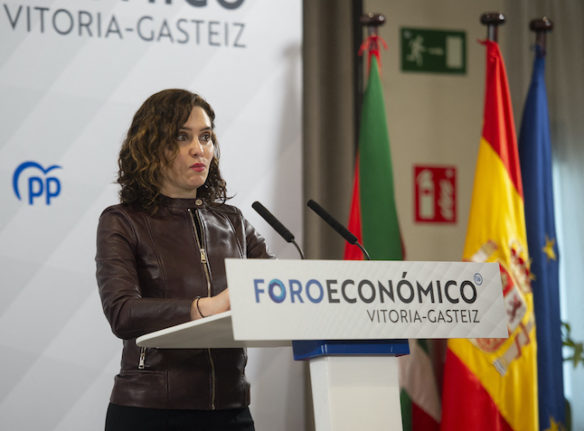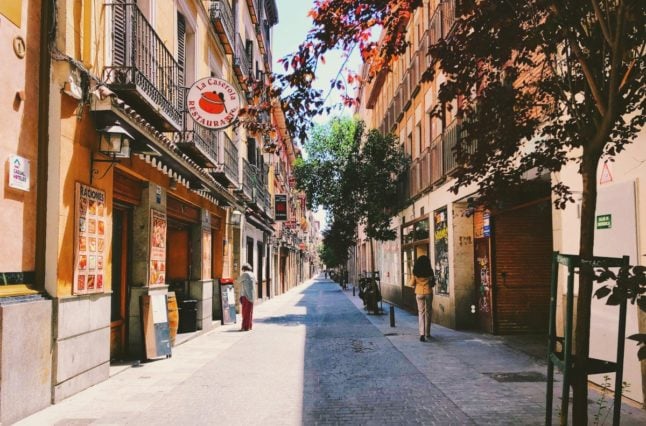The move sets up a clash between Spain’s wealthiest region and Socialist Prime Minister Pedro Sánchez’s government ahead of regional elections in May and a general election expected at the end of the year.
Under the regional plan, foreigners or expatriate Spaniards will be able to deduct 20 percent of the value of their investments in real estate or financial assets from their income tax bill.
The regional government is introducing the measure because it is “worried” about the possible impact Spain’s new tax on “large fortunes” will have on overseas investment, regional economic policy chief Javier Fernandez-Lasquetty said.
READ ALSO: Why you should move to this region in Spain if you want to pay less tax
Last year Sánchez’s government introduced a temporary wealth levy on people
with assets worth at least €3 million.
The tax will be collected in 2023 and 2024, and the money raised used to help households struggling with the effects of high inflation.
But the head of the Madrid regional government, Isabel Díaz Ayuso, of Spain’s main opposition Popular Party (PP), argues Sánchez’s tax policies will cause investment in Spain to “plummet”.
READ ALSO – EXPLAINED: What are Spain’s new regional tax breaks?
She said last week the tax break that her government was planning aimed to “send a clear message to the international investment community that there are institutional counterweights and an alternative to” Spain’s central government.
Polls show her PP is ahead of Sánchez’s Socialists but would struggle to secure an absolute majority in parliament.



 Please whitelist us to continue reading.
Please whitelist us to continue reading.
Member comments